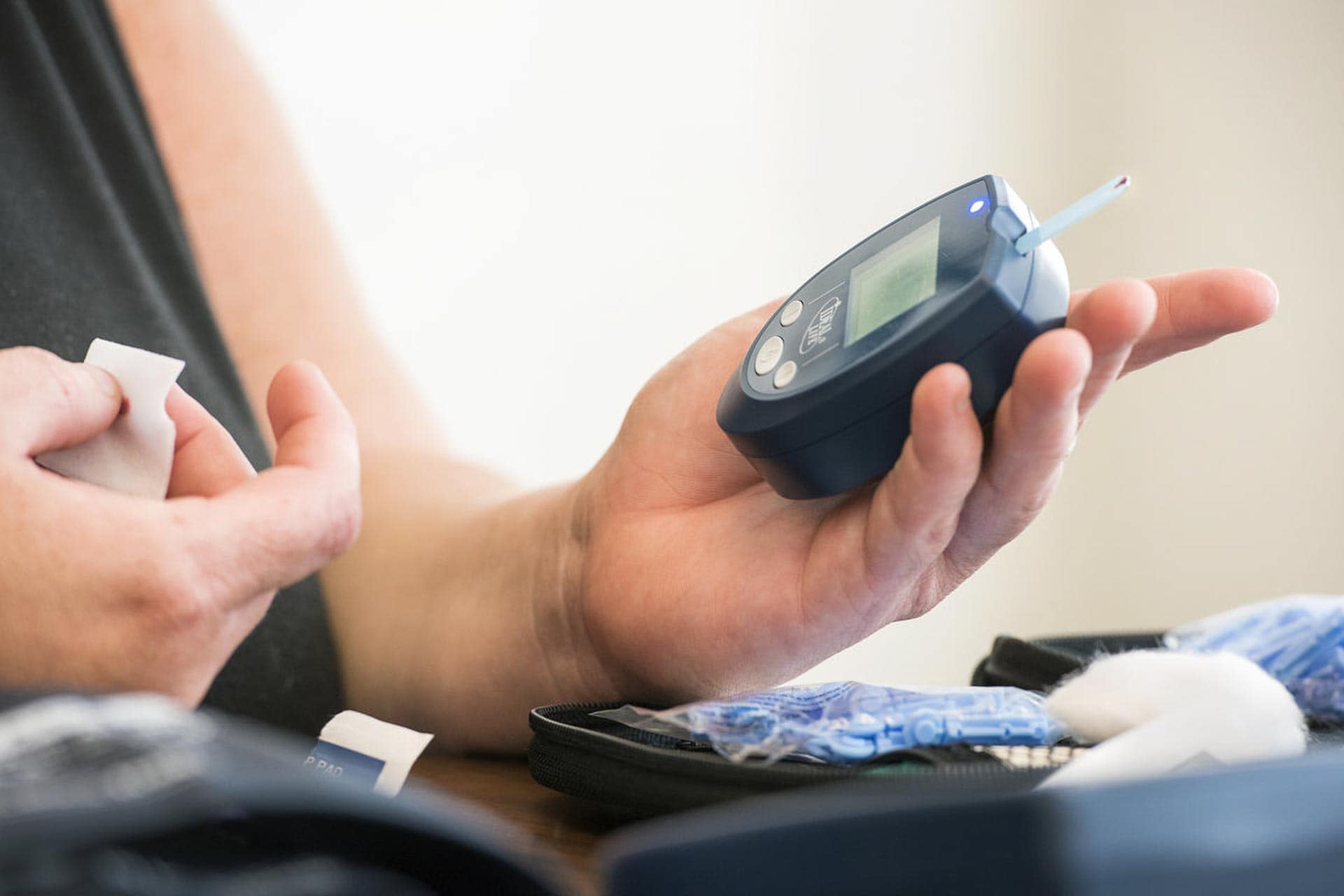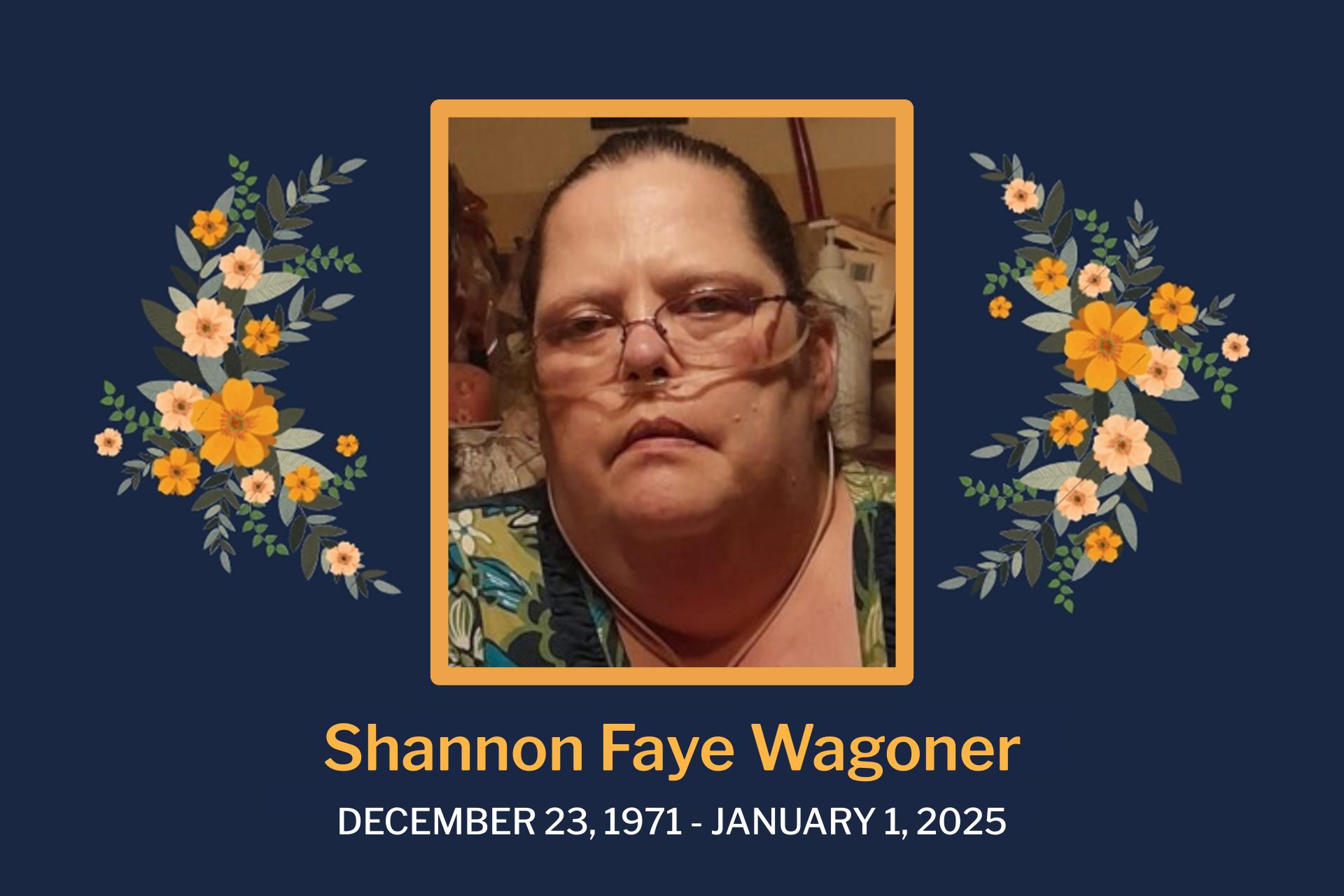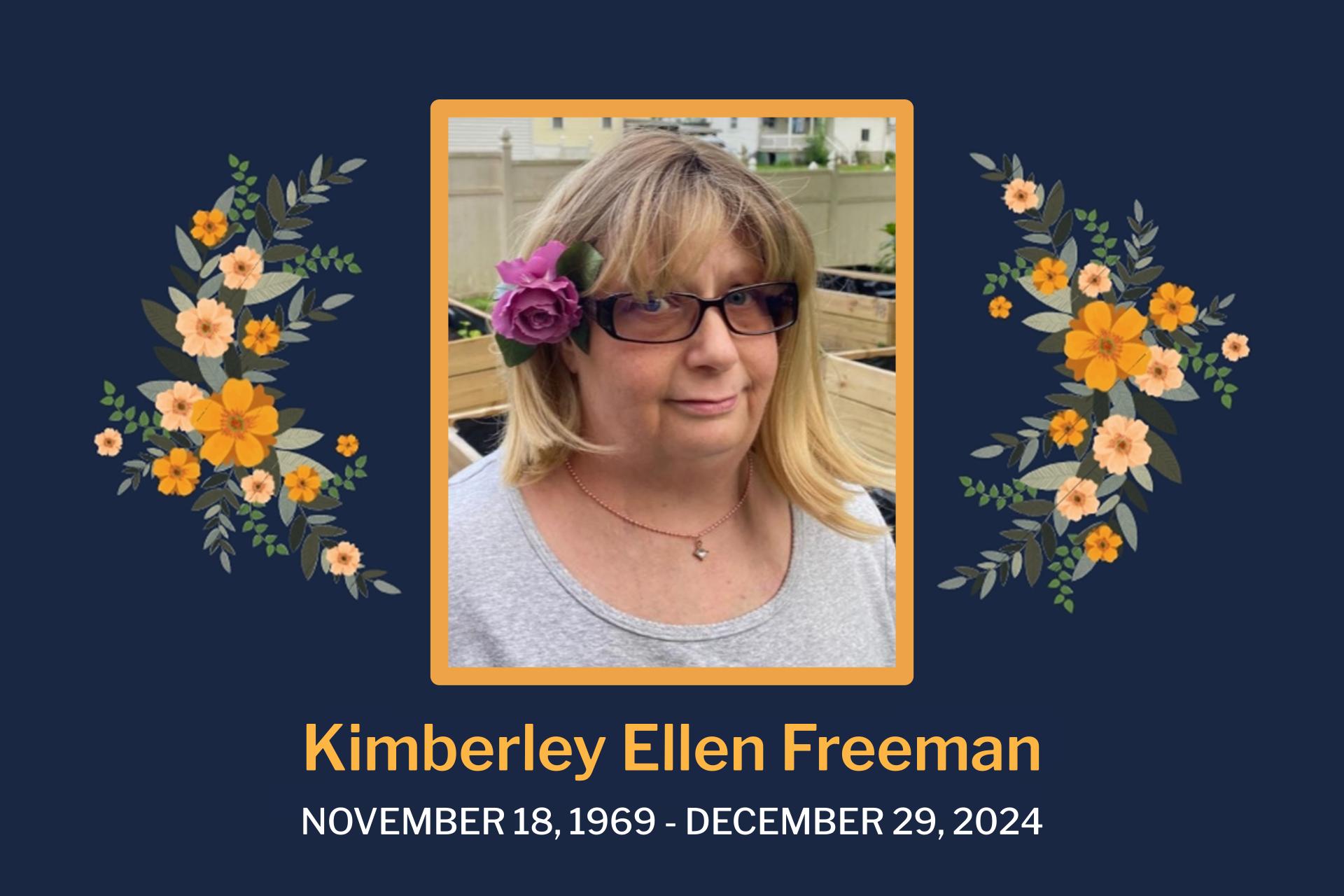MORGANTOWN — The COVID-19 pandemic created a barrier to care for West Virginians living with chronic disease, meaning many residents needed to find a new way of managing their health. The West Virginia Prevention Research Center, housed in the West Virginia University School of Public Health, is providing support to organizations that needed to quickly adjust their focus, an extension of its already community-focused mission.
As one of 26 research centers in the United States funded by the Centers for Disease Control and Prevention, the WVPRC focuses on advancing public health through research that benefits the health of the people of Appalachia.
Already underway when the pandemic began the WV Bureau for Public Health’s Prevention and Management of Diabetes, Heart Disease and Stroke initiative, known as 1815 was one of the WVPRC’s projects aimed at improving West Virginians’ health status. Through a partnership with the Bureau’s Division of Health Promotion and Chronic Disease, the WVPRC serves as the monitoring and evaluation team for this five-year, CDC-funded project. To ensure ongoing implementation of 1815 throughout the pandemic, researchers at the WVPRC assisted the WV Bureau for Public Health in tracking COVID-19 programmatic challenges and barriers to the state’s implementation of the program.
“The role of the WVPRC is not only to help the Division of Health Promotion and Chronic Disease understand these challenges and barriers but to also to identify, understand and share innovative solutions being used across the state,” said WVPRC Deputy Director Leesa Prendergast.
Another ongoing partnership with the WV Bureau for Public Health targets one of the leading causes of chronic diseases in the state; The WVPRC conducts evaluation of four separate grant programs focused on tobacco cessation and preventing tobacco use, including programs targeting youth and young adults, pharmacists and pharmacy technicians, African Americans and the LGBT+ population for the Division of Tobacco Prevention. This evaluation involves the development of program monitoring measures to track COVID-19 impacts on the Division’s program outcomes.
“With COVID-19 being especially harmful for those with pre-existing conditions, such as hypertension, diabetes and chronic lung conditions, it is even more imperative that we focus on creating healthier communities that are more resilient in the face of COVID-19,” said WVPRC Project Coordinator Micah Gregory. “It is important to not only track how COVID-19 has impacted public health programing, but also to see how organizations and health systems have overcome this unforeseen circumstance. Through the dissemination of these success stories, we can be better equipped to create versatile and adaptive programs.”
As the COVID-19 pandemic continues to unfold in West Virginia, the WVPRC remains committed to continuing its strong partnerships to support communities and improve patient and population health and reduce chronic disease health disparities.















